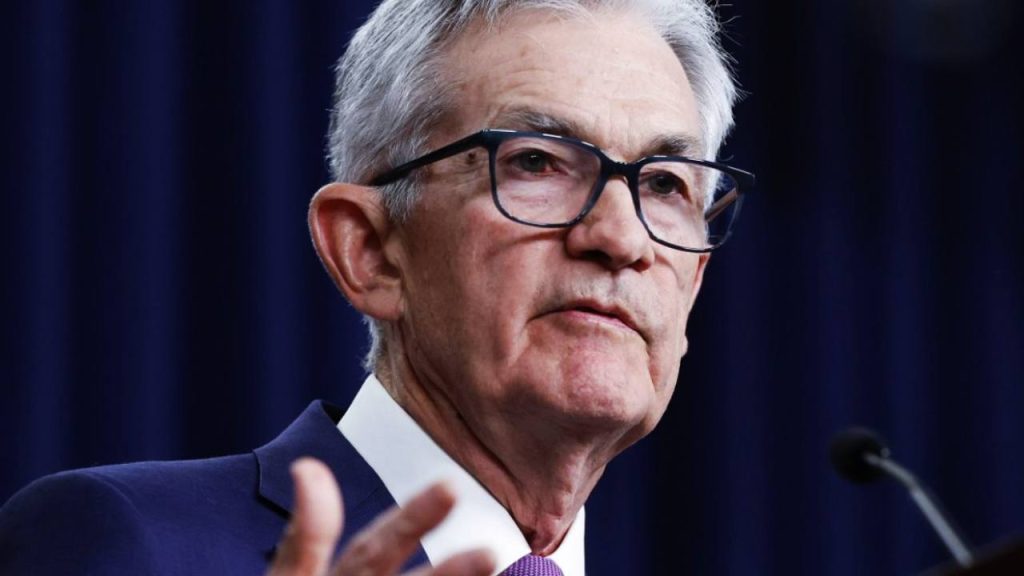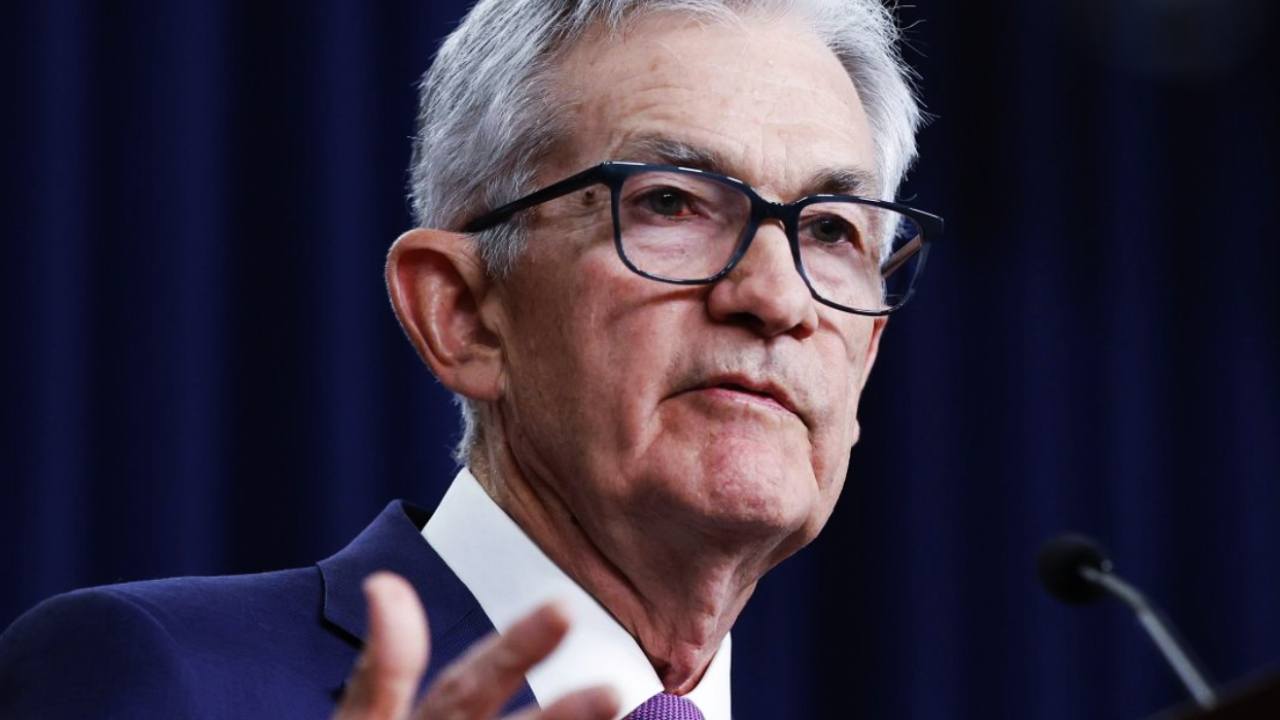
The Federal Reserve, a cornerstone of the U.S. financial system, is facing unprecedented scrutiny as Federal Housing Finance Agency (FHFA) Director Bill Pulte calls for a congressional investigation into Federal Reserve Chair Jerome Powell. The controversy stems from Powell’s testimony regarding a $2.5 billion renovation of the Federal Reserve headquarters, with Pulte accusing Powell of “deceptive” statements and potential political bias. This situation raises critical questions about the Fed’s independence, transparency, and the broader implications for the economy.
The Controversy Surrounding the $2.5 Billion Renovation
The Federal Reserve’s headquarters renovation has become a focal point of debate due to its substantial cost. While infrastructure upgrades are often necessary, the $2.5 billion price tag has drawn significant attention, particularly in an era of heightened scrutiny over government spending. Pulte’s accusations center on Powell’s testimony before Congress, where he allegedly misled lawmakers about the renovation’s specifics.
The Federal Reserve operates with a degree of independence to insulate monetary policy from short-term political pressures. However, this independence does not exempt it from public and political scrutiny, especially when large expenditures are involved. The key points of contention in Powell’s testimony remain unclear, but they likely revolve around the necessity of the renovation, the justification for the cost, and the transparency of the bidding and contracting processes. Critics argue that the renovation may extend beyond essential repairs, suggesting a “luxury” upgrade.
Understanding Bill Pulte’s Motivations
To assess the credibility and potential impact of Pulte’s accusations, it is essential to examine his motivations. Several factors could be influencing his actions:
- Political Alignment: As a political appointee, Pulte’s background and affiliations may shape his views on the Federal Reserve and its leadership. His actions could align with broader political strategies or agendas, aiming to exert influence over the Fed’s operations.
- Policy Differences: Pulte, as FHFA Director, oversees Fannie Mae and Freddie Mac, which play a crucial role in the mortgage market. Disagreements over interest rate policies, inflation targets, or the Fed’s approach to managing the economy could lead to public criticism.
- Oversight Responsibility: Pulte’s role involves ensuring the financial stability of Fannie Mae and Freddie Mac. He may view the Fed’s actions, particularly monetary policy, as posing risks to the housing market and broader financial system, prompting him to challenge Powell publicly.
- Personal Grievance: While less likely, personal disagreements or past conflicts between Pulte and Powell could contribute to the current situation. However, without more information, this motivation remains speculative.
Potential Ramifications for the Fed and the Markets
The call for a congressional investigation into Powell carries significant implications for the Federal Reserve and the broader financial system:
- Impact on Fed Independence: A congressional investigation could create a chilling effect, making the Fed more hesitant to take bold policy actions for fear of political repercussions. This could undermine the Fed’s ability to manage monetary policy effectively.
- Market Volatility: Uncertainty surrounding Powell’s future and potential political interference could trigger market volatility. Investors may become concerned about the future direction of monetary policy, leading to increased risk aversion and potential declines in asset prices.
- Damage to the Fed’s Credibility: The accusations against Powell, regardless of their validity, could damage the Fed’s credibility in the eyes of the public and financial markets. This could make it more difficult for the Fed to communicate its policy intentions and influence economic expectations.
- Distraction from Economic Challenges: A congressional investigation would divert the Fed’s attention and resources away from pressing economic challenges, hindering its ability to respond to economic shocks, manage inflation, and promote sustainable growth.
- Political Polarization: The controversy surrounding Powell is likely to exacerbate political polarization in the United States, deepening divisions between those who support the Fed’s independence and those who advocate for greater political control.
- Impact on International Confidence: The U.S. dollar is the world’s reserve currency. A scandal that rocks the Fed could damage international confidence in the dollar, potentially leading to a shift to other currencies.
The Path Forward: Transparency and Accountability
Regardless of the outcome of any potential investigation, the current situation underscores the importance of transparency and accountability at the Federal Reserve. The Fed must be proactive in communicating its policies and decisions to the public and Congress, addressing legitimate concerns about its operations.
Increased transparency can help build trust and confidence in the Fed, while accountability mechanisms can ensure that the Fed acts in the best interests of the public. This includes providing clear and detailed justifications for major expenditures, such as the $2.5 billion headquarters renovation, and being responsive to inquiries from Congress and the public.
Any investigation into Powell’s conduct must be conducted fairly and impartially, focusing on uncovering the facts and avoiding politically motivated attacks. The integrity and independence of the Federal Reserve are essential for maintaining economic stability, and any actions that undermine these principles could have serious consequences for the U.S. economy and the global financial system.
Conclusion: A Test of the Fed’s Resilience
The accusations against Jerome Powell represent a significant challenge for the Federal Reserve. The outcome of this situation will not only determine Powell’s future as Fed Chair but also have lasting implications for the Fed’s independence, credibility, and ability to effectively manage monetary policy. This moment serves as a stark reminder that even institutions designed to operate outside the immediate fray of political battles are not immune to scrutiny and controversy. The Fed’s ability to navigate this challenge with transparency, accountability, and a steadfast focus on its dual mandate will be crucial for maintaining economic stability and preserving public trust. The resilience of the Federal Reserve in the face of this controversy will ultimately shape its role in the years to come.





